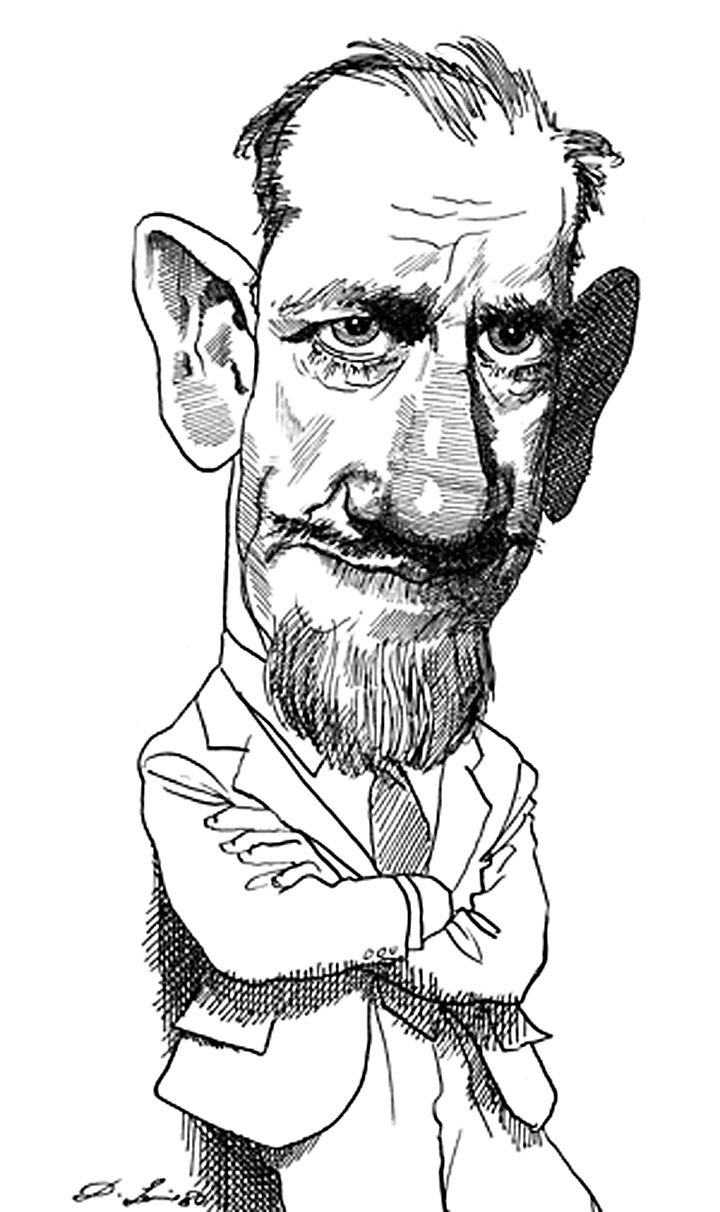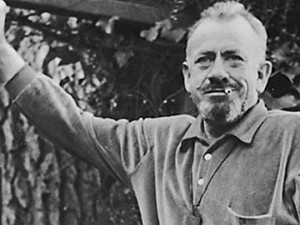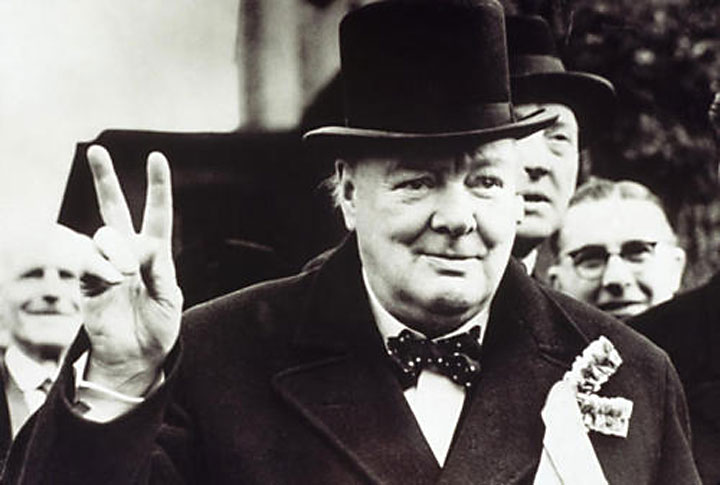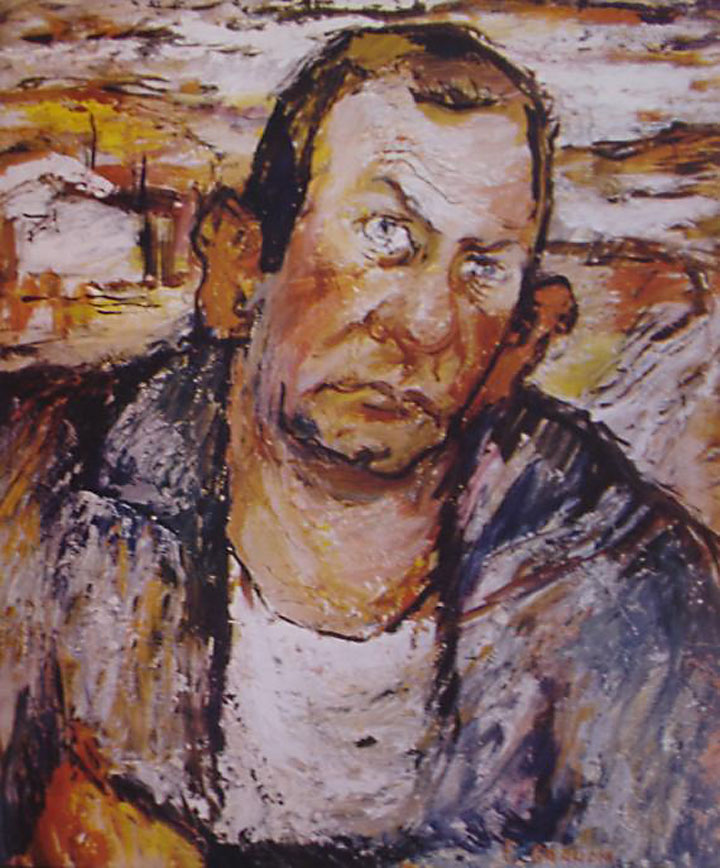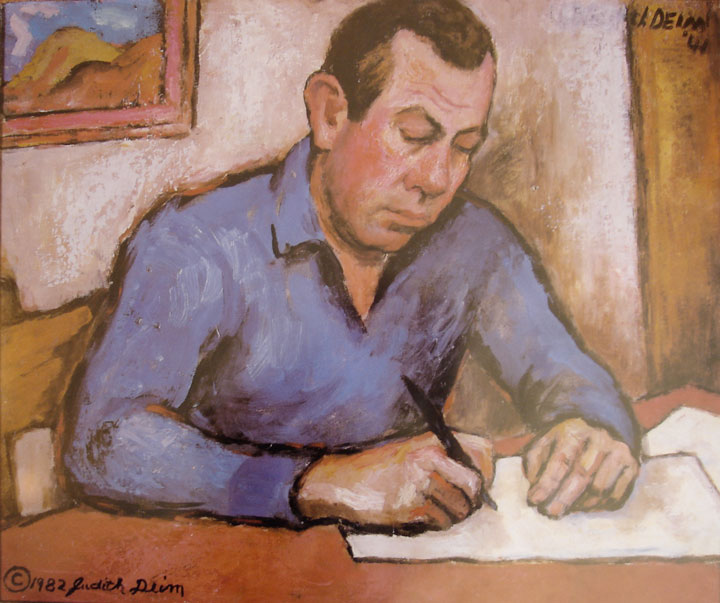Once upon a time Mr. Exxon-Mobil got a summons from the federal government charging him with wilfully polluting the atmosphere and brazenly poisoning American rivers. It seemed to be an open and shut case as Mr. E-M’s refineries were throwing huge deposits of dirty stuff into the air, and all his chemical waste was flowing from open drains into the nation’s drinking water.
Soon after being charged, Mr. Exxon-Mobil got in touch with his good friend, Mr. Mutual of Omaha, to ask if he’d represent him in court. “If you help me beat this rap,” he said, “I’ll be at your side when you set out to rid this nation of Obamacare and all the rest.”
Seeing it was in his financial interest to do so, Mr. Mutual of Omaha agreed. Hardly an hour passed, however, before a man named Big Casino called Mr. Exxon-Mobil from Macau, China. “If you can somehow manage to bring Israel into the equation, I’ll be more than happy to contribute twenty or so millions to your defense fund,” he said. “Much more, if necessary.”
“Would that be Hong Kong Dollars, Chinese Renminbi, or U.S. Dollars?” asked Mr. E-M.
“I can do it in Swiss Francs if you like,” answered Mr. Big Casino. “To get around the matter of taxes, I keep a bunch of my money where my friend Mr. Mittens keeps his.”
A few weeks passed, during which time a multitude of groups formed to funnel money into negative advertising. “The best that money can buy,” Mr. Exxon-Mobil said in private to one of his very dear friends, Mr. Good-For-What-Ails-You, the man in charge of Faux News. “Spread the word: the government is run by a group of foreign devils conspiring to deprive our citizens of their Constitutional rights. Spread the word far, and spread it wide.”
It wasn’t long before Mr. National Repeating Rifle decided to get into the fray. “If you help me grease everyone’s palm with a gun, I’ll come aboard and help you fight to keep the government from taking away every child’s binky,” he said.
Mr. Exxon-Mobil had no idea that binkys were under attack, but he cheerfully accepted the offer from Mr. Rifle. After all, what harm could come from everyone owning a gun?
Others heard about Mr. Exxon-Mobil’s situation through something called the Limburger Grapevine, the 24-hour-a-day messenger service that was famous for putting the words Truth and Reason into the wastepaper basket and the words Lie and Innuendo into everyday use.
As a result, a great many otherwise nameless individuals immediately saw pie in the sky in the great by and by, so they became Limburger disciples. Dressed as teapots, they went forth to see how many people they could scare into parting with their hard-earned sugar. Military generals joined hands with gentlemen of business to pat each other on the back, and soon folks in all parts of the nation were convinced that rather than being a bad man performing dirty deeds, Mr. Exon-Mobil was a good man, a charitable man, the prime example of what a trickle-down person should be.
Quite naturally, Mr. Mittens, a rather woolly-thinking man who thought most highly of himself, concluded that if he played his spotless self right he could become the leader of the entire western world. He could achieve that, he reckoned, by joining up with Mr. Exxon-Mobil, Mr. Big Casino, Mr. Mutual of Omaha, and all the rest. To get Mr. Huge Pharmaceuticals and Mr. Small Business on board, he made vague promises here, there, and everywhere.
“Down With Medicare! Down With Social Security! Down with Medicaid! Down With Women’s Rights! No Abortions, No Food Stamps, No Welfare!” he barked.
He was soon joined by a growing force of nincompoops who misunderstood him. He meant to destroy every social program that had ever been put in place by the Democrats to help American citizens. But they thought Mr. Mittens was saying he’d make life easier for them by giving them high-paying jobs that would make each and every one of them as prosperous as he and his friends were. “And we’d have bank accounts in Bern and Bermuda too,” one was heard to say.
“Oh, goodness gracious, no,” his good friend Mr. Hairy Rawhide chuckled. “Obviously they are using only 47% of their intelligence! But it shows our lies are working, so you go for it, Mr. Mittens. Go for it and make their day.”
